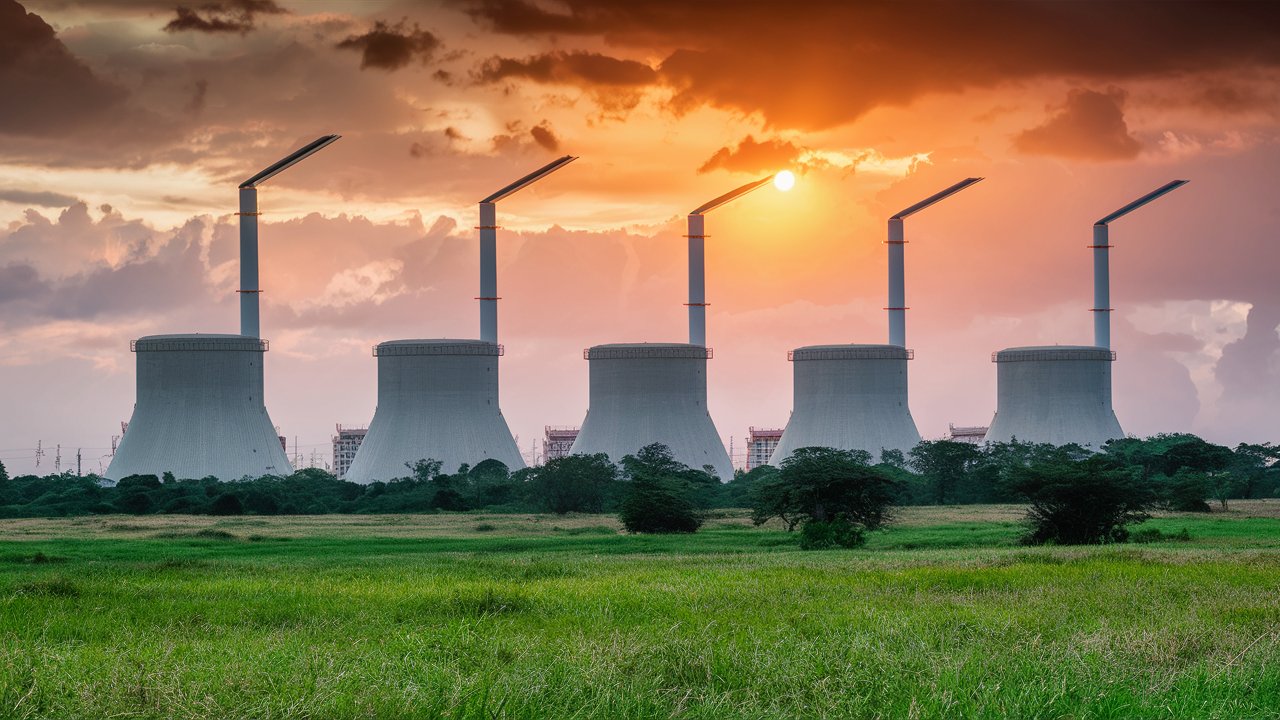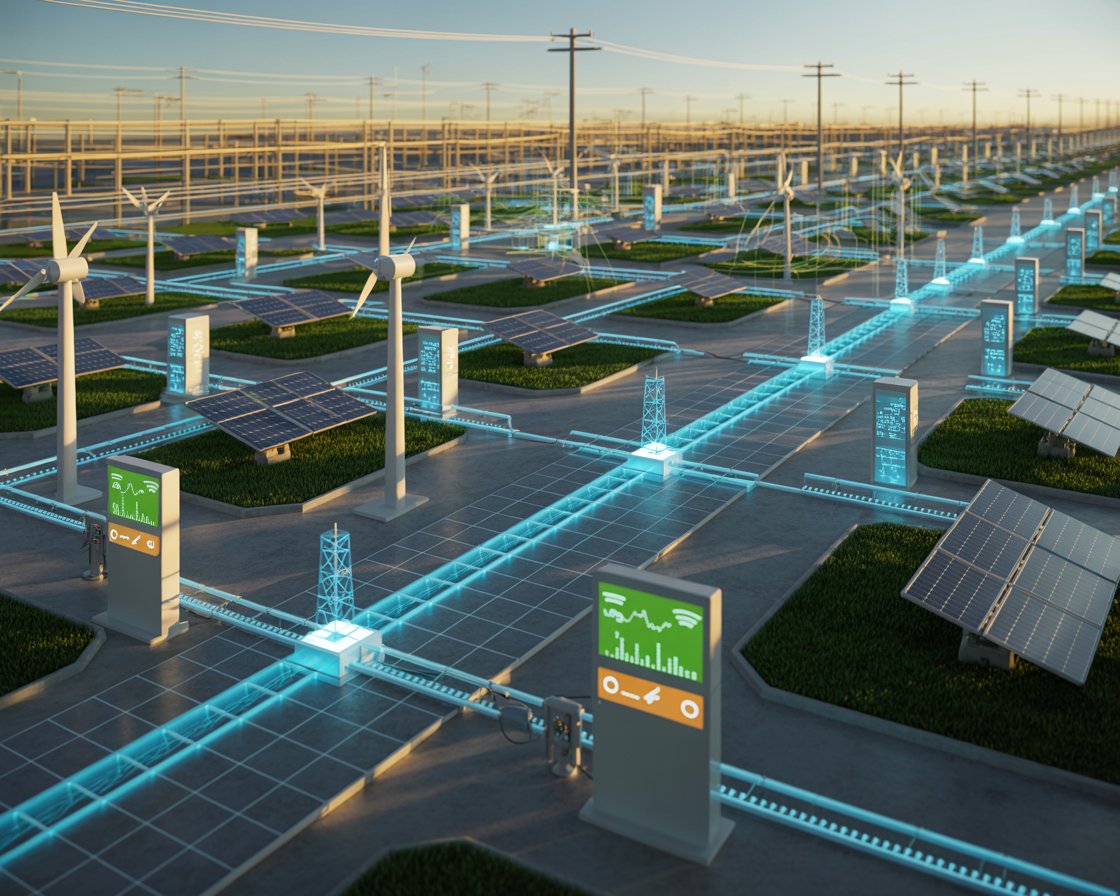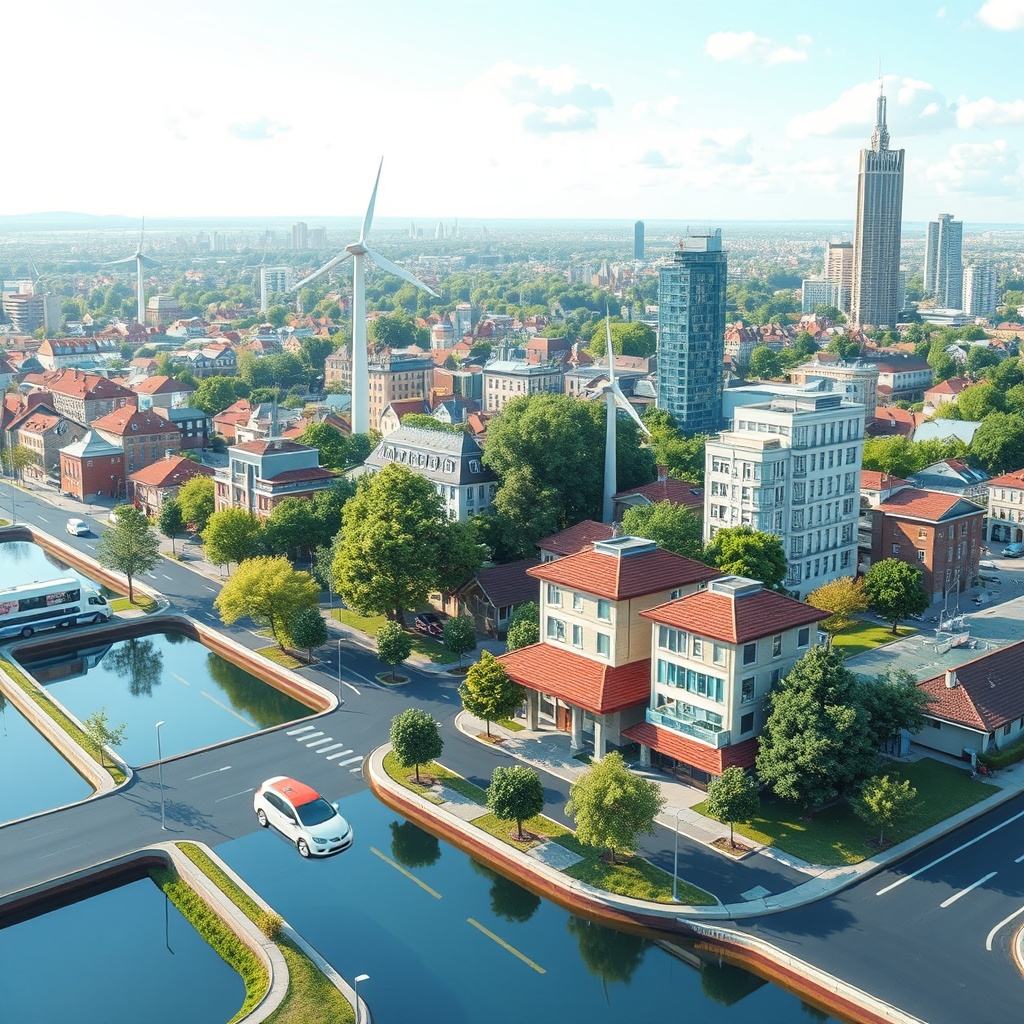In Nigeria, biomass power plants use organic materials such as agricultural residues, wood, and organic waste to generate electricity, which the plants play a crucial role in diversifying Nigeria’s energy mix and promoting renewable energy sources.
Nigeria is having a difficult time getting enough energy, but biomass power plants look like a viable way to solve the problem.
This piece talks about the current state, pros, cons, and future of biomass power plants in Nigeria.
Key Facilities
Some notable biomass power plants in Nigeria include the Okobaba Biomass Power Plant in Lagos and the Zungeru Biomass Power Plant in Niger State. These plants use locally available biomass resources to produce electricity for local communities and industries.
Contents
Advantages of Biomass Power Plants
1. Renewable Energy Source
Biomass is renewable and abundant in Nigeria, offering a sustainable alternative to fossil fuels and reducing dependency on imported energy sources.
2. Waste Utilization
Biomass power plants help manage agricultural residues and organic waste, converting them into valuable energy resources and reducing environmental pollution.
3. Rural Development
Biomass power plants help rural development by creating jobs, boosting local economies, and making it simpler to power people in places that don’t have sufficient energy to get it.
4. Grid Stability
Biomass power generation makes the grid more stable by offering reliable baseload and dispatchable power, which works well with renewable energy sources that don’t produce power all the time, like solar and wind.
Challenges Facing Biomass Power Plants
1. Feedstock Availability
Ensuring consistent and sufficient biomass feedstock supply remains a challenge, as seasonal variations and competition with other uses (e.g., agriculture) can affect plant operations.
2. Technology and Infrastructure
Investment in advanced biomass conversion technologies and infrastructure upgrades is needed to improve plant efficiency and reduce operational costs.
3. Policy and Regulatory Framework
Clear and supportive policies, including incentives for biomass power generation and streamlined regulatory processes, are essential to attract investment and foster growth in the sector.
Future Prospects and Initiatives
1. Expansion Plans
There are plans for Nigeria to increase the amount of biomass power it can produce. These plans include projects to make more electricity from biomass and connect it to the national energy grid.
2. Research and Development
Spending money on research and development (R&D) is important for improving biomass technologies, making the best use of resources, and solving environmental issues related to burning biomass.
Conclusion
Biomass power plants have a lot of potential to help Nigeria create sustainable energy sources that are beneficial for the environment, the economy, and society. We must solve problems through new technologies, policy support, and funding to maximize the benefits of biomass energy in Nigeria’s energy transition.
FAQs
What types of wood do Nigerian power plants use?
Biomass power plants in Nigeria use a variety of materials as feedstocks, including wood waste, farm waste (like rice husks and palm kernel shells), and organic municipal waste.
What makes wood power different from Nigeria’s other clean energy sources?
Biomass power is used in conjunction with solar and wind power to provide stable, dispatchable power that can keep the grid running and meet energy needs when green energy production is low.
What do biomass power companies in Nigeria do to the environment?
Biomass power plants can benefit the environment by reducing the open burning of farm waste, making the air cleaner, and encouraging long-term land management.
In Nigeria, what role do wood power plants play in getting power to rural areas?
Biomass power plants help bring electricity to rural areas by providing decentralized power production solutions that make it easier for people in remote or off-grid communities to get power.
What can Nigeria do to encourage more people to invest in wood-powered projects?
Nigeria can attract more investment by making it easier for people to get money for renewable energy projects, providing incentives for biomass power generation, and making the rules more friendly to those projects.





Leave a Reply